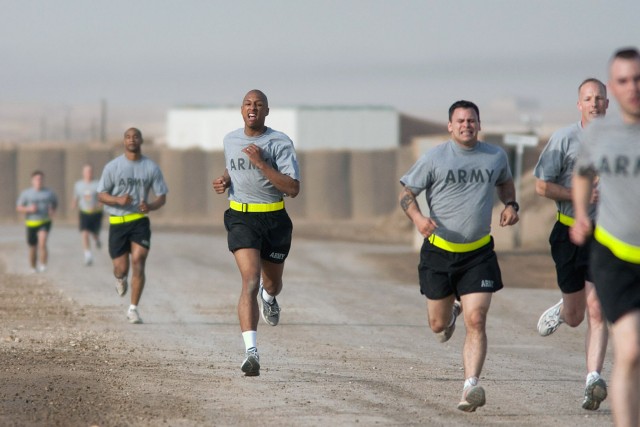
WASHINGTON (Army News Service, Nov. 19, 2010) -- The Army is using a new computer-based tracking system to provide more consistent care for injured Soldiers.
The program, called e-Profile, is replacing the practice of hand-written temporary profiles for Soldiers. A profile allows Soldiers to opt out of certain physical activities temporarily while they recover from illness or injury.
The problem with hand-written profiles is that there is no way to track them, as they aren't entered into a database, and they can be easily lost, said Col. Kelly Wolgast, chief nurse executive of U.S. Army Medical Command. Wolgast explained that problems would arise when Soldiers would report to a new unit. No record of the Soldiers' prior injuries would come with them.
e-Profile now keeps a permanent digital record of temporary injuries by connecting with the Medical Protection System, known as MEDPROS, the Army's medical database. That way, if a Soldier is injured while training on another post or has an appointment with a new doctor, medical personnel can immediately see the Soldier's profile history.
"We were looking for tools to provide education to commanders about the management of medically not-ready Soldiers," Wolgast said of the program.
Initiated as a pilot program this summer at Ireland Army Community Hospital at Fort Knox, Ky., and Winn Army Community Hospital at Fort Stewart, Ga., medical management centers aim to ensure Soldiers tend to even minor injuries so they can return to their units and be prepared for deployments.
"The impacts of preparing for, conducting, and returning from combat have clearly impacted the Army, and we know Soldiers have medical issues that they don't attend to," Wolgast said.
She said Soldiers sometimes ignore ailments, but small injuries can turn into more serious ones if left unattended.
"If Soldiers are not as healthy as they can be, it's not good for the Soldier(s) or their unit," Wolgast explained.
The pilot, which will conclude at the end of the month, will then transition into an implementation phase throughout the Army.

Social Sharing